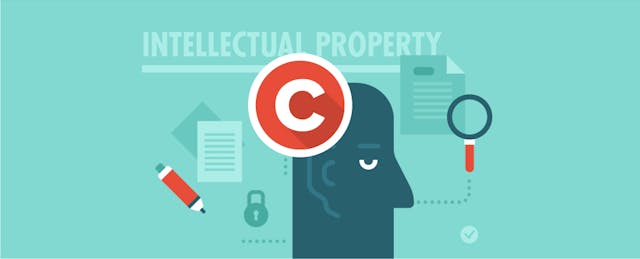This past December, after nine years of teaching Sophomore English at the same high school, I took a new job. I loved my school, the people I worked with, and the students I taught, so leaving was one of the hardest decisions I’ve ever had to make. Leaving also raised an interesting question: What happens to the contents of my Google Drive when I’m gone?
Before the digital age, when you left a district you packed up a box of your things, including your lesson plans, and threw them in the car before driving off into the sunset. But with so many schools transitioning to Google Apps for Education, what happens when administrators turn off access to your account with all your stuff still in it? Is it even “your” account to begin with? What happens if administrators want to share your lesson plans with your replacement or the rest of the school? What about more personal things like pictures with your students and athletes, original artwork, Google Sites you made, or code you have written? Does your school own that, too?
Creating in the cloud is new for many districts and educators, but this argument on who owns a teacher's intellectual property isn’t.
New Context, Old Debate
Clearly outlining intellectual property rights of teachers is critical, as articulated by Ann Springer. In an AAUP article in 2005, Springer wrote, “Where the law remains somewhat unclear and unsettled (albeit with some strong precedent for protecting faculty copyrights), it is all the more important that faculty and administrations address and resolve these issues in a way that protects their core missions and allows faculty to have confidence in their ability to create and control their scholarship.” The importance of teachers to control their creations is still paramount ten years later. Yet with the rise of the cloud, things are set to get even more complicated.
In a 2010 National Education Association article discussing the legal controversy surrounding teachers who sell their lessons online for a profit, the author notes, “the Copyright Act of 1976 stipulates that materials created by teachers in the scope of their employment are deemed ‘works for hire’ and therefore the school owns them.”
With many schools, including mine, mandating that lesson plans and other resources be shared with administrators via Google, it is only a matter of time before an argument about who owns the intellectual property rights re-emerges with the rise of the cloud.
In the future, I can foresee districts taking teachers’ shared lesson plans and resources and adding them to repositories that exist even when that teacher leaves. Right now, there is nothing a teacher can do to prevent these shared files from being copied or reused after they leave their district, but many teachers who are afraid of losing their creations have taken to creating works on their personal account and then sharing them with their education account, or using Google Takeout to transfer any personal data from their education account to their personal account. This may pose a bigger problem.
Regulated by FERPA?
Under FERPA laws, a school is required to document, maintain, and protect student data. Courts have ruled that digital communication like Tweets, emails, and blog post comments don’t fall under FERPA regulations, but none have ruled whether a teacher creating, logging, or working with student information, say in a Google Sheet, or logging behavior and collecting student information via a Google Form all created on a personal account is violating FERPA. Further, the United States Department of Education’s Privacy Technical Assistance Center (PTAC) states that a district is responsible for private student information like their contact and login information. So, normally, if a teacher were to have students watch video tutorials or complete interactive exercises that required a login, they’d be responsible for ensuring that company's compliance under FERPA. Does that count if the teacher is the provider?
Would a teacher-created YouTube video, hosted on their personal YouTube account and assessed with a Google Form quiz also created on a teacher’s account, violate FERPA? What if, like I did, a teacher creates an app outside the control of the school district that collects students’ information like name and grade? Is that a FERPA violation? The answer to scenarios like this could have serious repercussions for everyone involved.
In the above scenarios, if the hosting of my YouTube videos and app on personal accounts is found to violate FERPA, then I would have to host them on my school’s account. If I have to host them on my school’s account, case law has already established that would mean my school owns my videos and my app. It’s a Catch-22.
I’m not opposed to collaboration or sharing. I wouldn’t mind if a district wanted to keep my lessons and resources and share them with other teachers after I’ve gone. What I am opposed to is the idea that FERPA violations and losing intellectual property rights will dissuade teachers from creating, and the possibility that a teacher could leave a district without access or the rights to their own materials. The idea that a district could own some of the truly amazing things I’ve seen teachers make, especially with code, is wrong. I will echo Ann Springer and encourage school districts and educators to have this discussion sooner rather than later.


